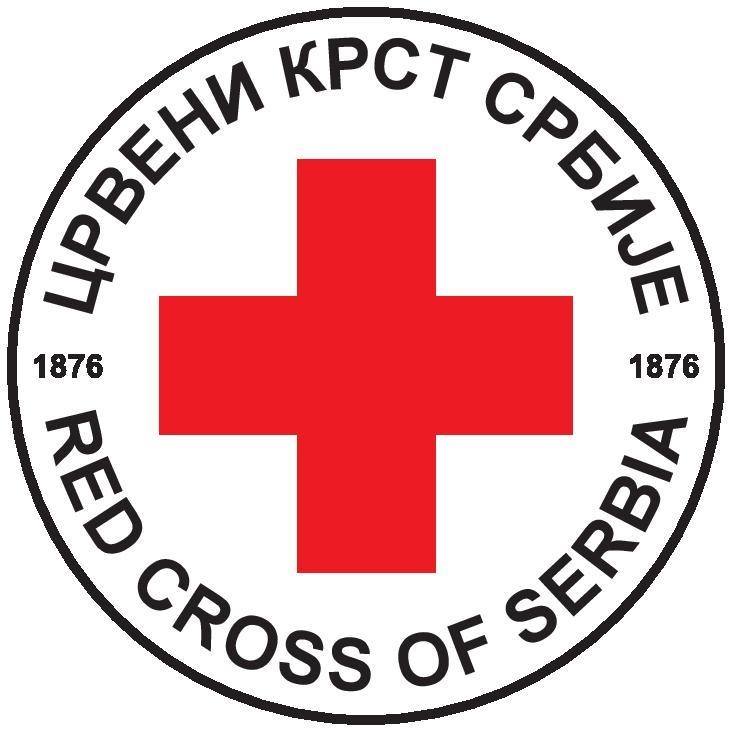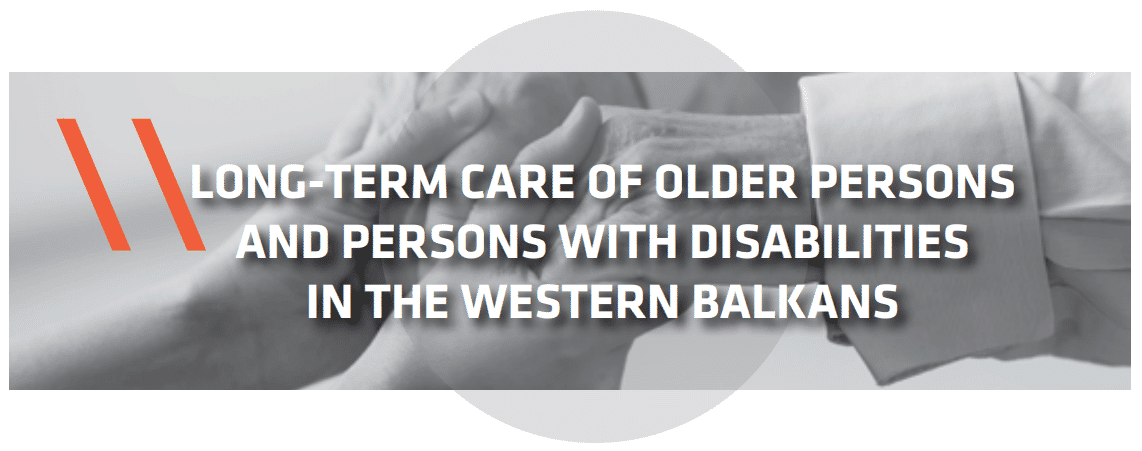
The aim of this study is to provide insight into the facts that will enable the formulation of recommendations and measures for public policies that will:
- Increase the capacity of service providers and civil society organisations (CSOs),
- improve public policies,
- increase financial benefits to enhance long-term care for older persons and persons with disabilities under normal circumstances, and especially in case of emergencies such as the COVID-19 pandemic.
This study report examines the situation regarding long term care in the Western Balkans, including a comparative overview that shows similarities and differences to enable mutual learning and search for solutions. The report defines the long-term care in the Western Balkans, looks at long-term regulation, management and financing in those regions, as well as at the formal care and the informal care, the latter remaining the dominant form of long-term care.
This study is based on the data collected in several phases and by applying several methods, including desk research, qualitative research and quantitative research.
In addition to the regional study, local studies were developed for each project site within the initiative.
Download the study ‘Long-term care of older persons and persons with disabilities in the Western Balkans’:
- Long version of the report (that includes a foreword by AGE Platform Europe)
- Shorter version
For more information, you can contact Philippe Seidel: philippe.seidel@age-platform.eu







